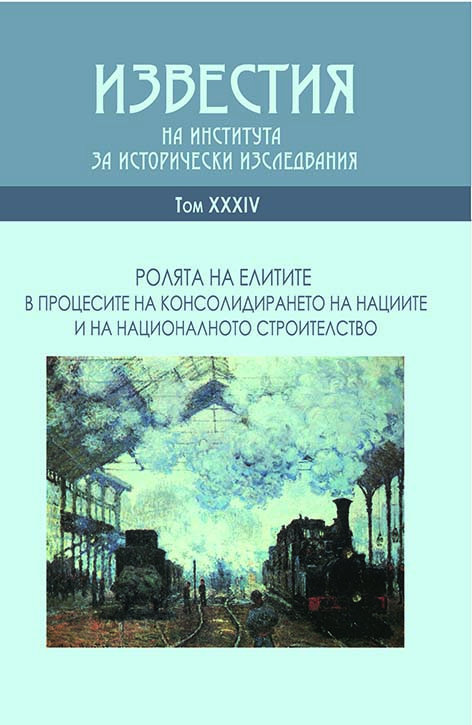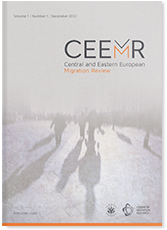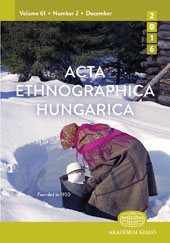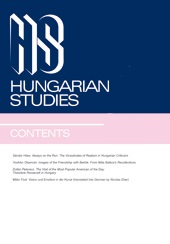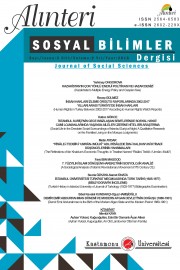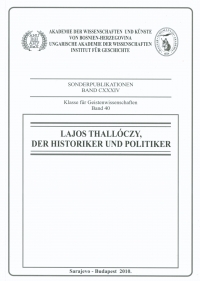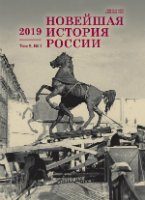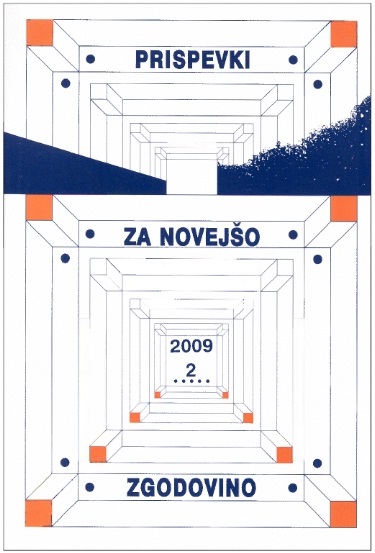Author(s): A. A. Borisov / Language(s): Russian
Issue: 26/2019
This article provides one of the first studies of nation-building in Yakutia from 1922 to the end of the 1930s. The largest ethnic community in this region became the subject of a global process of activating national movements at the site of disintegrated multinational empires of Europe and Asia under the influence of the First World War and subsequent revolutions. This political and cultural project involved both the central authorities of the RSFSR and the USSR, as well as the leadership of the Yakut ASSR, established in 1922. The existing preconditions for the formation of a Yakut nation (commonality of historical destiny, unity of language, existence of a national intelligentsia, etc.) and the political struggle between supporters of centralization and federalism forced the creation of necessary national attributes (autonomy, written national literature, national modernized culture and economy). There were some clear successes achieved by national policies, taking into account local peculiarities (e.g. temporary reconciliation and cooperation with non-partisan intelligentsia, tolerance for believers, most of whom were Yakuts, and creation of mass written language). At the same time, they were hindered by haste in modernizing and raising the cultural level of the Yakut population (spasmodic economic transformation, political ambitions by part of the Yakut intelligentsia not supported by objective conditions, thus encouraging indigenization) Yakutia’s nation-building had two phases: phase 1 (1922 to the end of the 1920s), and phase 2 (late 1920s to the end of the 1930s), which corresponded to stages of prevalence of the national trend and the transition to non-national politics . Among the main results and lessons of nation-building were: truncated autonomy, but the experience of national government (successful experience of internal regionalization and defining the boundaries of the YASSR), defeat of the old national intelligentsia, creation of mass national writing, repression of religion and traditional beliefs, and raising the general cultural level).
More...
